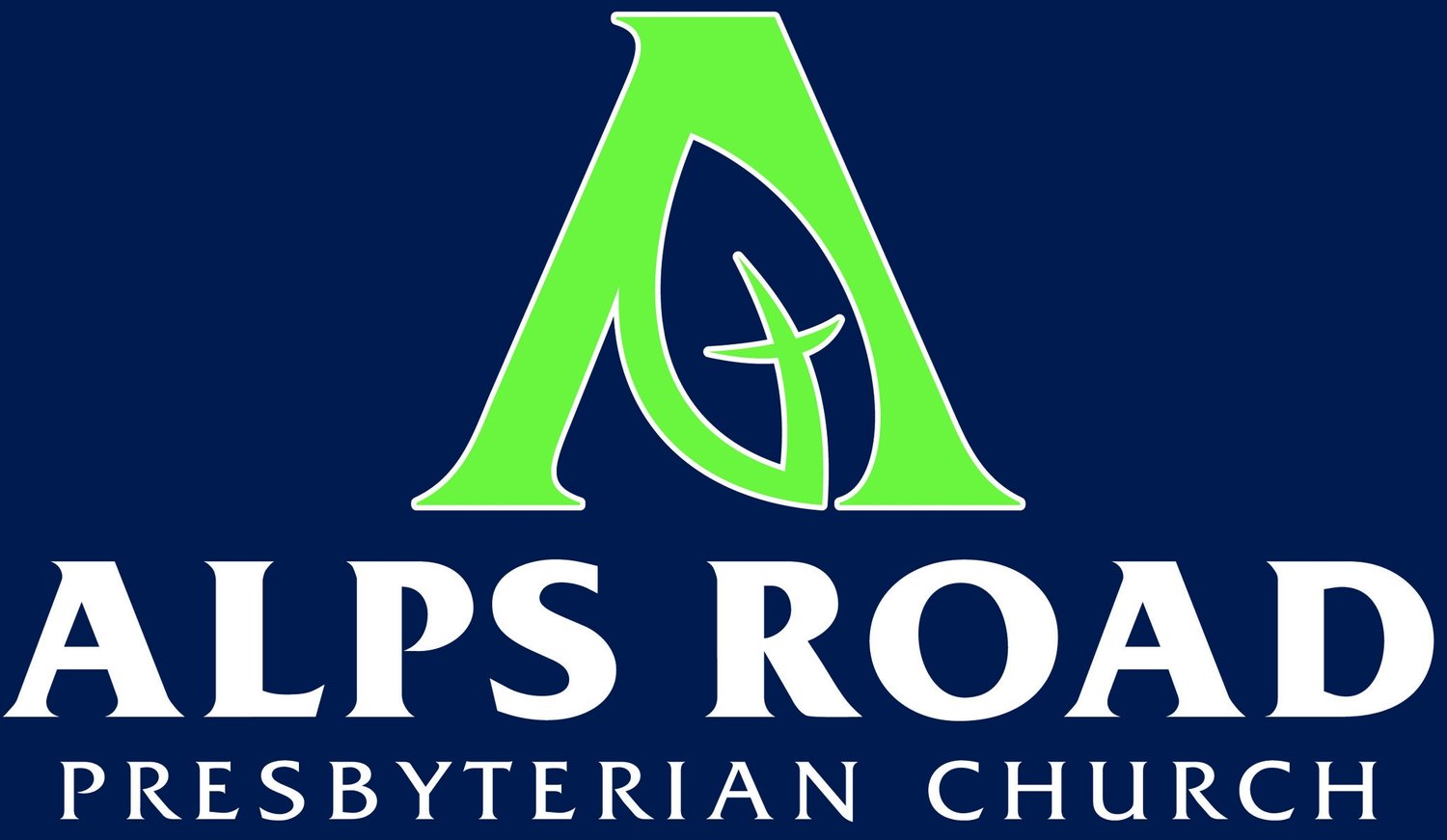How To Guard Against Theological Drift
How does one guard against theological drift in a Christian denomination? ECO’s answer is through the use of Essential Tenets. Christian churches must define both the center of theological belief and its boundaries. It is often easier to define the center. These are the things we all believe to be true. This is called “irenic” (from the Greek word for peace) theology because it seeks to make peace through common beliefs. This is never enough, however. One must also define the boundaries. The boundaries define the beliefs that take a person outside the Christian faith. They also define moral behaviors that are antithetical to Christian practice. This is called “polemical” (which comes from the word for doing battle) theology. Often defining the boundaries of Christian belief is more controversial than the center.
The ECO Essential Tenets do not define merely Christian beliefs but Presbyterian and Reformed beliefs. These are particular understandings of the truths, beliefs, and doctrines taught in scripture. There are many nuances in Christian beliefs. Often one reaches a fork in the road, and one must make a choice — such as whether or not to baptize children or to ordain women to the offices of the church. The Presbyterian and Reformed stream of theology is the result of a number of such choices which it believes are true to scripture, good for humankind, and pleasing to God.
Everyone who would be a Christian must affirm the central truths of the Christian faith, as defined by such creeds as the Apostles’ and Nicene Creeds. In addition, those who are ordained to office as pastor, elder, or deacon in ECO must affirm the Essential Tenets of ECO. The purpose of this requirement is to guard against the kind of theological drift that has infected denominations in recent history. All those who lead in the church must hold to certain central truths. These truths cannot be scrupled. Those who are not able to affirm them may be covenant partners but cannot be ordained to office in the Covenant Order of Evangelical Presbyterians.
Does this reduce the gospel to a set of propositions that must be affirmed? No. It simply helps guide the ministries of those who lead the church. Do essential tenets replace confessions? No. There is a place for historical confessions in the life of the church. For one thing, they are longer and thus able to explicate the faith in greater detail than essential tenets. Essential tenets articulate and affirm the common beliefs of the confessions of the church. They also give witness to the great themes found in scripture. While essential tenets cannot say everything that might be said about Christian doctrine, they summarize it in a helpful way so that officers in the church and other Christians may be guided into a life of faith, obedience to God, and useful service to others.
Presbyterians have sometimes been hesitant to define the essential tenets of Presbyterian and Reformed belief. ECO believes, however, that doing so is important. We are called upon to strive for the faith that was once for all delivered to the saints (Jude 1:3). While culture and circumstances change, the central elements of Christianity do not. Jesus Christ is the same today, yesterday, and forever (Hebrews 13:8). Because he does not change, our salvation is secure, and the promises of God to the people of God in former years hold true for us as well. We have a faithful God. Our ECO Essential Tenets help us be faithful to him.
